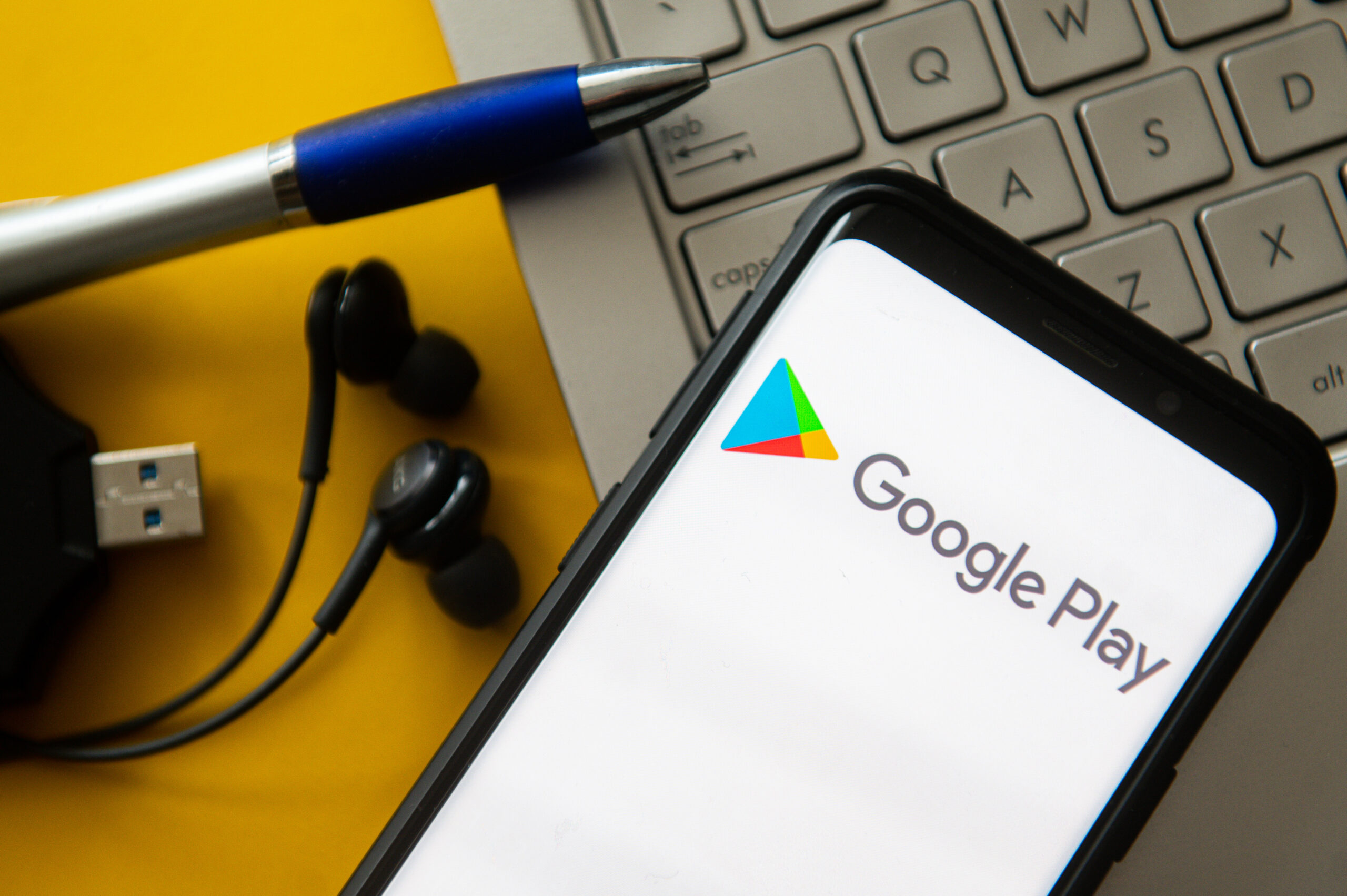
Google has announced the introduction of new developer fees as part of its strategy to align with Europe’s Digital Markets Act (DMA), a legislative move designed to foster more competition within the app store ecosystem. This disclosure follows Google’s affirmation of its compliance efforts with the DMA, including support for app sideloading. However, specifics about the associated fees for developers were pending until now.
The DMA’s introduction marks a pivotal shift in how tech giants like Google must operate, ensuring their platforms remain open and competitive. Google’s announcement not only signals its commitment to align with these regulations but also outlines the specifics of how it plans to implement the required changes, particularly concerning developer fees.
Google had previously highlighted various ways it was already in compliance with the DMA, such as supporting the sideloading of apps. Sideloading allows users to install apps from sources other than the official Play Store, thereby increasing the avenues through which developers can reach their audience. However, until recently, the details regarding the fees developers would incur under Google’s compliance plan were not disclosed.
Google’s New Approach: The External Offers Program
The clarification came when Google unveiled two distinct fees associated with its External Offers program. This program, introduced as a direct response to the DMA’s requirements, permits developers to direct their users within the European Economic Area (EEA) to external promotions and offers, beyond the confines of their apps on the Play Store.
- Initial Acquisition Fee:
- For in-app purchases: 10%
- For subscriptions: 5% (for the first two years)
- Purpose: To recognize the value Google Play provides in facilitating the initial acquisition of users through its platform.
- Ongoing Services Fee:
- For in-app purchases: 17%
- For subscriptions: 7%
- Purpose: To reflect the continuous value that Google Play offers to both users and developers, including:
- Parental controls
- Security scanning
- Fraud prevention
- The provision of continuous app updates
Google’s approach mirrors that of Apple, which, in its bid to comply with the DMA, reduced its App Store commissions in the EU but introduced a new Core Technology Fee. This fee mandates developers to pay a set amount for each first annual install beyond a million, for apps distributed outside the App Store. Apple justified this by highlighting the range of services it provides that extend beyond mere payment processing.
Can Developers Opt-Out of Ongoing Fees?
Developers using the External Offers program can make choices regarding the ongoing services fee. Below is a table that summarizes these options:
| Feature | Description |
|---|---|
| Opt-in Nature | Developers are not automatically enrolled in the External Offers program. They must actively choose to join, pay the ongoing services fee, enabling users to benefit from Google Play’s parental controls, security scanning, fraud prevention, and continuous app updates. |
| Ongoing Services Fee – Opt-Out Option | After two years of participation, developers have the option to opt-out of the ongoing services fee, but this requires user consent. Opting out discontinues associated services like parental controls, security scanning, and fraud prevention. |
In addition to the fee structure, Google also provided further details regarding the program’s implementation:
- Opt-in Nature: Developers must choose to join the External Offers program; it is not automatic.
- Applicability: The program is available for both games and apps, ensuring wide eligibility.
- Selective Participation: Developers can decide to include only certain apps in the program, offering flexibility in how they approach the External Offers program.
- Business Registration Required: Developers interested in the program must register as a business entity, not as individuals.
- Alternative Billing Systems: Apart from the External Offers program, Google has introduced alternative billing systems for in-app purchases, now accessible to all developers targeting EEA users. This expansion is indicative of Google’s aim to provide more flexibility and choice in app distribution and monetization processes.
Related News:
Featured Image courtesy of Mateusz Slodkowski/SOPA Images/LightRocket via Getty Images
